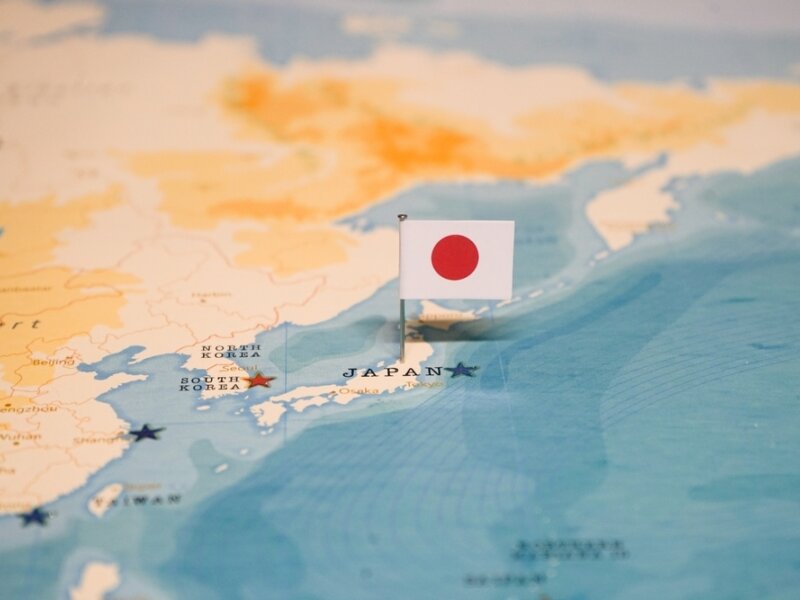Italy-Saudi Arabia: Meloni’s Strategic Challenge
The article was originally published by Il Mattino on January 28, 2025

What occurred in Al-Ula on January 26th marks a key turning point for the future of Italian foreign policy. In the Saudi city, home to the country’s only UNESCO World Heritage site, Prime Minister Giorgia Meloni and Crown Prince Mohammed bin Salman signed an agreement to elevate bilateral relations to the level of a strategic partnership.
What is striking is not only the scale of the agreements, with 10 billion dollars earmarked for sectors such as infrastructure, energy, technological innovation, defense, culture, and tourism. What stands out in this new phase of bilateral relations is also the political and strategic dimension. In Al-Ula, Rome and Riyadh expressed their readiness to align their foreign agendas, with a primary focus on the Middle East and Africa.
While it is important not to overestimate the significance of the agreement, it can be stated that this rapprochement comes at a crucial moment for the history of the region, which is marked by instability and insecurity from north to south.
Nearly a year and a half after the October 7th attack, hostilities continue in the Levant. Despite the fragile ceasefire agreement in Gaza, a new Israeli military operation has begun in the West Bank. The intense mediation efforts of recent months have led to the release of some hostages, but it is unclear whether a long-term political plan for Palestinian territories has been developed in parallel. This is a challenge that could be jointly addressed by Rome and Riyadh, although the latter—leader of the Islamic world—has yet to formally recognize Israel, unlike the United Arab Emirates and Bahrain, which did so through the Abraham Accords.
Adding fuel to the fire of instability is the precarious situation in Iran. The defeat of Hamas in Gaza and Hezbollah in Lebanon has deeply undermined Tehran's regional projection capacity. At the same time, Assad's sudden fall has cost the Islamic Republic a key ally, which had used Syria as a logistical hub for connections between Lebanon and Iraq. Two possible paths lie ahead: a negotiation process that leads to halting the nuclear program, or alternatively, an even more open military confrontation with Israel. For Saudi Arabia, this is the primary foreign policy dossier, linked to Italy’s concerns about the future of international trade, still vulnerable to attacks by pro-Iranian Houthi rebels in the Red Sea. This also ties into Italy’s involvement in the Lebanese and Iraqi theaters, where Rome deploys its two main military contingents.
Two additional and closely related factors make the Al-Ula partnership even more significant. On one side, the U.S. strategic reorientation, which may result under Trump in a more pronounced distancing of Washington from Mediterranean dynamics. On the other side, Italy’s decision to focus on Africa through the Mattei Plan, which aligns with the growing importance the continent has assumed in recent years also for Saudi Arabia.
From ambitious projects related to energy transition, to the social and cultural reforms undertaken, and the significant diplomatic growth, Saudi Arabia is increasingly seen as a partner with whom future challenges can (and must) be addressed. In this regard, Al-Ula represents a fundamental turning point. It is not merely about taking on greater responsibility for regional stability, but about building a bridge between Europe and the Gulf, that fosters renewed cooperation.



